Challenging market
On September 12 in Hanoi , the Regional Workshop on Financial Modeling for Battery Energy Storage Systems (BESS) was held. The event was organized by the Global Alliance for Energy for People and the Planet (GEAPP) in collaboration with the Vietnam BESS Working Group, bringing together financiers, technical experts, research institutes and development partners.
The workshop was held in the context of Vietnam accelerating the transformation of the power sector under the Power Development Plan VIII (PDP-VIII) approved earlier this year. The plan targets 10,000 to 16,300 megawatts of storage by 2030 and nearly 96,000 megawatts by 2050. Total installed capacity is expected to increase to 183,291–236,363 megawatts by 2030, representing a 30–50% increase from the previously approved 150,489 megawatts.
Experts participating in the Regional Workshop on Financial Modeling for Battery Energy Storage Systems (BESS).
This expansion is underpinned by important policy signals. The Electricity Law 2025 officially recognizes BESS as part of Vietnam’s national electricity infrastructure. In April, Decision 988/QD-BCT issued a generation price framework for solar projects with storage, requiring a minimum discharge time of two hours and a storage ratio of 10% of the plant’s capacity. Draft circulars on tariffs and services are currently being prepared, which delegates said will be key to shaping the market. A new two-component electricity tariff for large customers, scheduled to come into effect from January 2026, is also expected to drive demand for behind-the-meter storage solutions.
Despite some progress, Vietnam’s energy storage market remains in its infancy. Most projects are pilot-scale, constrained by high initial investment costs, unclear tariffs, and a lack of recognized revenue streams.
Technical challenges further complicate the picture, especially in older industrial areas where integrating storage with existing infrastructure adds costs. Pilot projects in industrial and commercial areas in some localities have shown how BESS can improve load shifting, optimize solar efficiency and reduce grid dependency. However, without a clear policy and financial framework, these projects remain difficult to scale up.
Delegates stressed that this transition period is both a challenge and an opportunity. As the frameworks are still being developed, Vietnam has the opportunity to create more investor-friendly regulations, tariff mechanisms and financial roadmaps from the outset, thereby taking a leading position in the Southeast Asian energy storage market.
Regional lessons and financial models
Case studies from the region highlight the importance of aligning finance and regulation. In India, concessional financing and a feasibility gap fund have dramatically reduced storage costs. Stand-alone projects initially cost around 12 cents per kilowatt-hour, but through blended finance and competitive bidding, costs have fallen to between 3 and 5 cents. China is also a good example, where regulatory clarity and transparent bidding guidelines have enabled rapid scale-up and large private capital inflows.
These experiences show that financial mechanisms can radically change the economics of energy storage. Delegates agreed that while Vietnam’s conditions are unique, the application of proven models can shorten the path from pilot projects to commercial deployment. The global context is also favorable: BESS costs have fallen to around $77 per kilowatt-hour, further strengthening the investment attractiveness in many markets.
“Vietnam is expanding renewable energy, and energy storage is key to providing the flexibility the grid needs. Philanthropic partnerships are key. By combining concessional funding with public and private capital, we can accelerate pilot projects and create momentum towards large-scale storage deployment,” said Minh Nguyen, Country Director of the Global Energy Alliance for People and the Planet (GEAPP) in Vietnam.
Ms. Minh Nguyen (middle), Country Director of the Global Energy Alliance for People and the Planet (GEAPP) at the seminar.
From a regional perspective, large-scale financing remains a pressing issue. “Through platforms such as the Global BESS Alliance and ENABLE Southeast Asia, we are working with partners to address investment readiness barriers, support viable projects and enhance cross-market collaboration,” said Kitty Bu, GEAPP Vice President for Southeast Asia. “Energy storage financing is not only about ensuring reliable energy access but also about driving sustainable economic growth across Asia.”
Next steps
Speakers stressed that Vietnam’s ability to achieve the PDP-VIII targets will depend on progress in several areas. Time-of-use tariffs need to provide stronger incentives for arbitrage, while specific regulations and recommendations on BESS charging are needed to provide operational certainty for investors. Licensing and grid integration standards also need to be clarified to reduce uncertainty, and the ability of battery storage to provide capacity and ancillary services needs to be formally recognized in market rules.
Industrial users are also expected to play a larger role. Consolidating demand from multiple factories in industrial parks can help deploy battery storage systems more efficiently, reducing per-unit costs and improving load management. Combining BESS with renewables such as solar and wind power will increase the capacity to exploit these green energy sources and strengthen grid stability, while helping industries reduce operating costs.
On the financial side, concessional financing and tax incentives were highlighted as key to overcoming the barrier of high initial investment costs. Innovative business models, such as public-private partnerships or energy service contracts, could help diversify risk and improve financial viability. Delegates stressed that early-stage projects will need seed funding to reduce investor risk and attract commercial funding. Pilot project analyses confirmed that the internal rate of return (IRR) and payback period are highly dependent on the cost of capital, tariff structure and rate of increase in electricity prices. This makes blended finance particularly important in bridging the gap from feasibility to large-scale deployment.
The Vietnam BESS Task Force was recognized as a key force in driving these reforms. By bringing together partners, providing technical expertise and coordinating policy discussions, the Task Force is helping to move the market from a series of isolated pilot projects to a more structured investment environment. Delegates agreed that Vietnam’s progress will be closely watched across Asia, as it could provide a replicable model for markets in the region facing similar challenges.
The roundtable concluded with a broad consensus that Vietnam has the ambition, market demand and international support to become a regional leader in energy storage. With global costs falling, new regulatory frameworks and policy reforms underway, the next step is to align tariffs, finance and technical standards to unlock large-scale investment.
Vietnam.vn


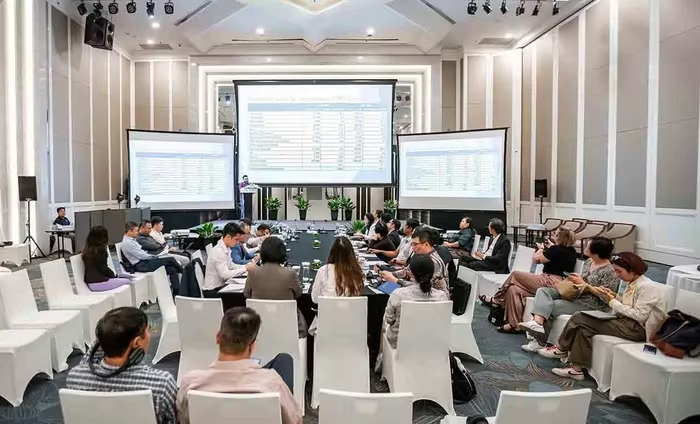

![[Photo] General Secretary To Lam receives US Ambassador to Vietnam Marc Knapper](https://vphoto.vietnam.vn/thumb/1200x675/vietnam/resource/IMAGE/2025/9/29/c8fd0761aa184da7814aee57d87c49b3)
![[Photo] Solemn opening of the 12th Military Party Congress for the 2025-2030 term](https://vphoto.vietnam.vn/thumb/1200x675/vietnam/resource/IMAGE/2025/9/30/2cd383b3130d41a1a4b5ace0d5eb989d)

![[Photo] The 1st Congress of Phu Tho Provincial Party Committee, term 2025-2030](https://vphoto.vietnam.vn/thumb/1200x675/vietnam/resource/IMAGE/2025/9/30/1507da06216649bba8a1ce6251816820)
![[Photo] General Secretary To Lam, Secretary of the Central Military Commission attends the 12th Party Congress of the Army](https://vphoto.vietnam.vn/thumb/1200x675/vietnam/resource/IMAGE/2025/9/30/9b63aaa37ddb472ead84e3870a8ae825)







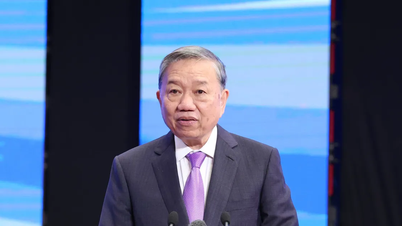

![[Photo] National Assembly Chairman Tran Thanh Man chairs the 8th Conference of full-time National Assembly deputies](https://vphoto.vietnam.vn/thumb/402x226/vietnam/resource/IMAGE/2025/9/29/2c21459bc38d44ffaacd679ab9a0477c)

![[Photo] General Secretary To Lam chairs the meeting of the Central Steering Committee on preventing and combating corruption, waste and negativity](https://vphoto.vietnam.vn/thumb/402x226/vietnam/resource/IMAGE/2025/9/29/fb2a8712315d4213a16322588c57b975)





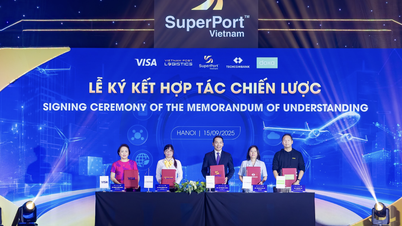






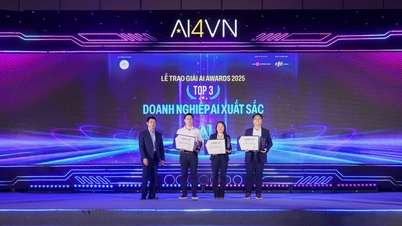




![[Photo] General Secretary To Lam attends the ceremony to celebrate the 80th anniversary of the post and telecommunications sector and the 66th anniversary of the science and technology sector.](https://vphoto.vietnam.vn/thumb/1200x675/vietnam/resource/IMAGE/2025/9/29/8e86b39b8fe44121a2b14a031f4cef46)



































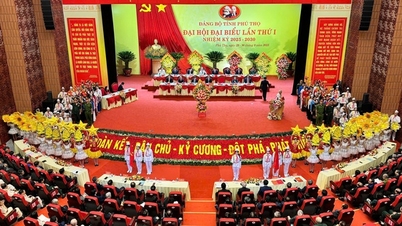

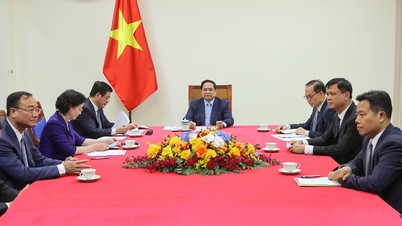




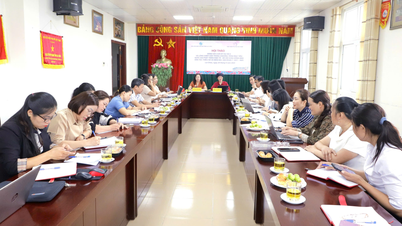
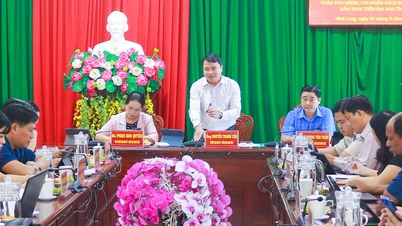

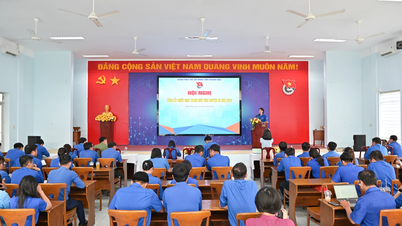














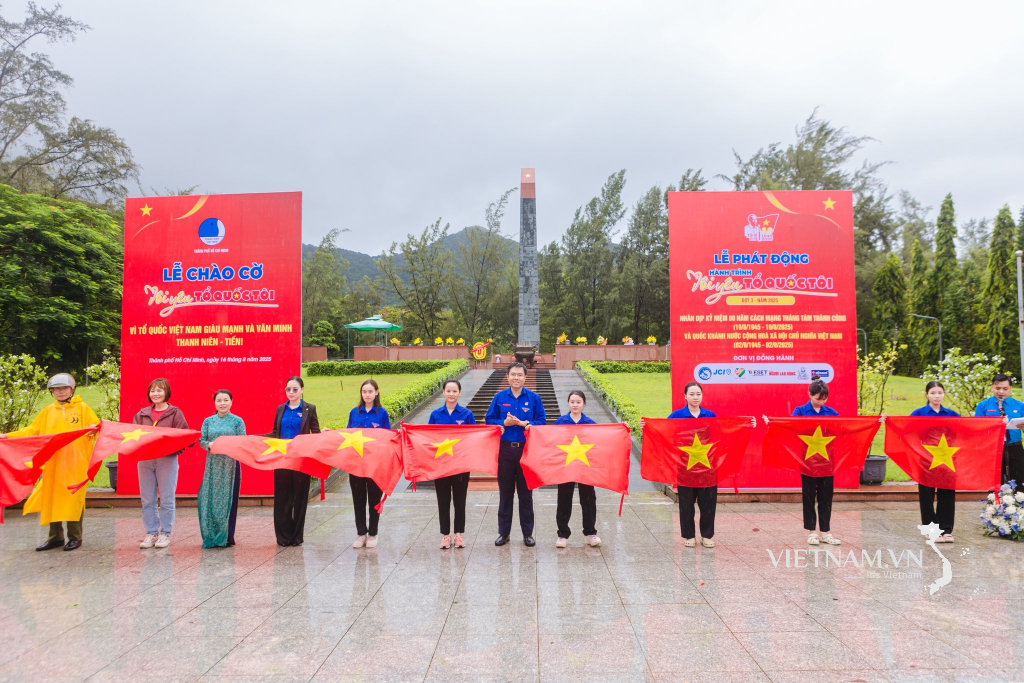

Comment (0)